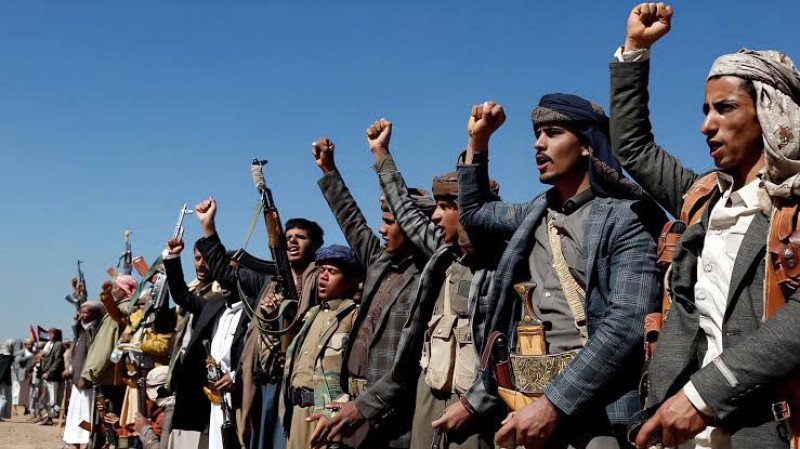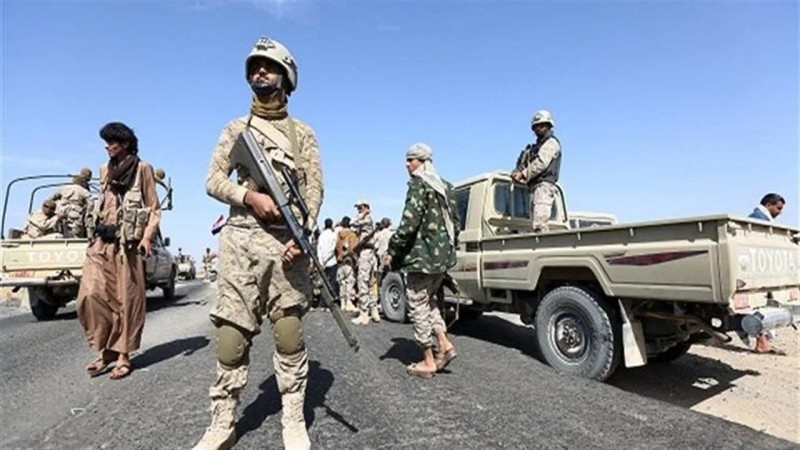Yemen Houthi rebels claim missile attack on Saudi oil facility


Yemen’s Iranian-backed Houthi rebels claimed on Monday to have damaged an oil facility in the Saudi port city of Jeddah in a rocket attack, in an assault that would demonstrate their ability to strike deep into the country.
Brigadier General Yahya Sarea, military spokesman for the Iran-allied fighters, said a new Quds-2 cruise missile had been accurately targeted at a distribution station, prompting fire engines and ambulances to rush to the scene.
The Houthi rebels regularly fire missiles into the kingdom but while most have been around the border area, Jeddah is about 700km to the north. State oil company Saudi Aramco said late on Monday that the attack had caused a fire in a fuel tank but there were no casualties or interruption to oil supplies.
“This operation came in response to the continued siege and aggression [against Yemen] and in the context of the [Houthi] armed forces’ promise to carry out large-scale operations deep inside Saudi Arabia,” Brig Gen Sarea tweeted on Monday.
Brig Gen Sarea also posted a satellite map image of the facility that tallies with a Google map of Saudi Aramco’s North Jeddah Bulk Plant on the north-eastern outskirts of the city near the airport. On social media, users posted videos of an apparent fire in Jeddah.
The strike, coming after Saudi Arabia’s virtual hosting of the G20 summit on Sunday, would mark an uptick in the Yemen conflict and highlight the increasing range of Houthi missiles.
The facility in Jeddah is less crucial to the kingdom’s oil infrastructure than the oil-processing hub of Abqaiq, one of the world’s largest processing plants, which last year was damaged by a drone attack claimed by the Houthis.
Saudi Arabia and several of its allies said last year that Iran was behind the strike, a claim denied by Tehran.
Oil prices edged higher on Monday to above $45 a barrel, but traders said most of the increase was due to the latest positive news on coronavirus vaccines rather than concern over supplies.
The uptick in Yemen tensions comes as the Trump administration is reportedly drawing up plans to designate the Houthi movement as a terrorist organisation, a move that aid agencies fear would restrict humanitarian supplies and damage the UN’s efforts to broker a peace deal.
The impoverished Arab nation has been plunged into a humanitarian crisis since a Saudi-led coalition intervened in the civil war in an effort to restore the internationally recognised government that had been ousted by the Houthis.
The five-year war has descended into a deadly stalemate, with the Houthis still in control of the northern heartlands and the capital, Sana’a. Houthi attacks on Saudi infrastructure targets have increased since May when a ceasefire drawn up to deal with coronavirus ended.
Most Houthi strikes have focused on areas near the Yemeni border, such as the Red Sea port of Jizan, where there is a large oil refinery under construction, and the international airport at Abha.
This month Saudi Arabia said it had dealt with a fire at an offshore oil loading facility near Jizan, after its forces had intercepted two waterborne remote-controlled vessels armed with explosives.

Muscat – The American Center for Justice on Saturday called for urgent UN intervention to compel the Houthi group to change its representativ…

Muscat – A new round of consultations between the Yemeni government delegation and the Houthi group began Friday in Muscat, Oman, focusing on…

Abyan — The Southern Armed Forces announced Saturday the launch of a new military campaign named “Operation Decisive Resolve,” as…